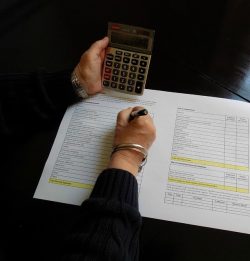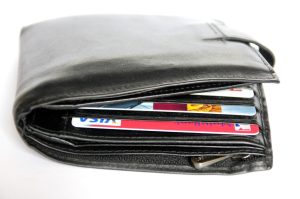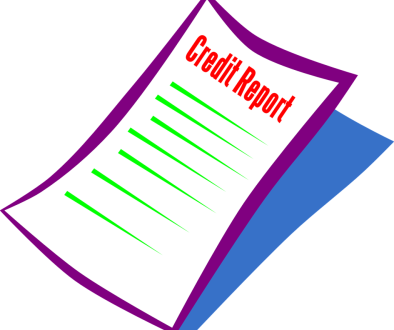Protect Your Credit During a Recession
A recession will not directly impact your credit, but if you financial situation changes, such as losing a job, things costing more that fill your credit card, your fiscal credit scores could change as well. To protect your credit during a recession, a good start is paying off the debt and building an emergency fund. That can be a challenge, as it may require you to define and stick to a budget and give up perks, such as streaming media, lowering internet band width and eating at home instead of out. The amount of income to cash must be greater to achieve the goal.

Because credit scores are based on how you manage your debt, financial conditions that cause you to fall behind on payments or rely too heavily on new debt can have an impact. Here are some steps to take:
1. What is a credit score
A credit score is an indicator of how you manage your financial obligations. How you handle the global economic challenges, is a indicator of how safe you are to a creditor. It’s best to keep your utilization ratio for each of your credit cards, and overall, under 30% to avoid hurting your credit scores—but the lower your utilization, the better.
2. Monitor Your Credit
Regular check your credit scores and any dings or complaints against it. If you scores drop, find out why. This can only be done by reviewing the credit reports.
3. Pay off Existing Debt
But that is hard! Yes, if your income has been impacted by a recession, that hardest thing in the world to do, is cut back further. Some hard to accept tips are:
CUT BACK ON SPENDING
- Cut back or stop cloth purchases
- Make meals at home
- Cancelling subscriptions both electronic and paper
USE AVALANCHE METHOD
Review all your credit cards and debut and make min payments on the lowest interest amounts except the one with the highest interest rate. Put as much as possible on the loan. This has the effect of saving you the most money.
USE SNOWBALL METHOD
Another method is to pay the highest amount on the debit with the lowest balance. This has the effect of paying off cards more quickly.
4. Build an Emergency Fund
It is possible that you could lose all or part of your income during a recession. Thus a backup fund of 3-6 months, can take the stress out of fiscal changes. Emergency funds are dedicated funds that can be access within 24 hours. Long term investments, may not carry you through a sudden emergency moment.
5. Do not miss payments
Payment history is a big part of your credit score. Do not miss payments. If you have run into trouble, contact your lender and work out a relief plan. Most lenders have them, to help you work through the time. You will not be able to use the credit for new charges, but you credit score will be protected.
The Bottom Line
Even if your income is not effected during a recession, taking steps to pay off debug, build an emergency fund can protect you against the unexpected turns of the national economy.


